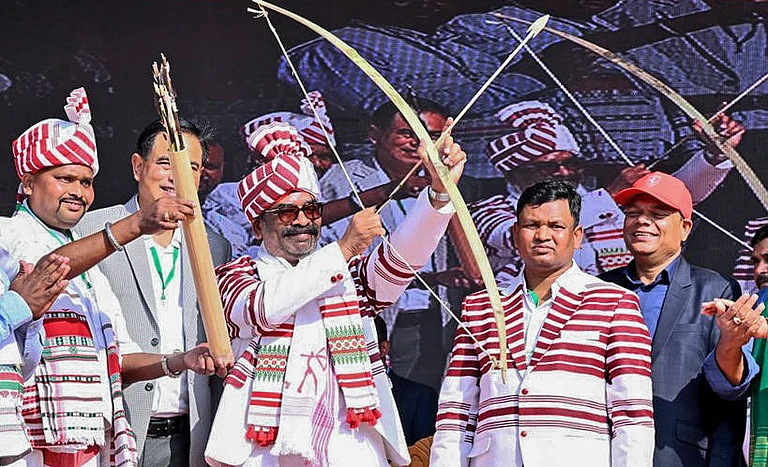Dalit and Adivasi organisations are calling for a nationwide 'Bharat Bandh' on Wednesday, August 21 to demand stronger representation and protection for marginalized communities.
The National Confederation of Dalit and Adivasi Organisations (NACDAOR) has outlined key demands, including justice and equity for Scheduled Castes (SCs), Scheduled Tribes (STs), and Other Backward Classes (OBCs).
Bharat Bandh: What Remains Open And What's Closed?
Reportedly, the Reservation Bachao Sangharsh Samiti has urged all business establishments to remain closed on Wednesday in solidarity with the protest.
There is no official confirmation on markets across nation remaining closed.
As per reports, government offices, banks, schools, colleges, petrol pumps and emergency service including medical care, drinking water, public transport, rail services, and electricity supply will be open.
The strike is expected to cause traffic disruptions in certain areas.
Bharat Bandh: Security Beefed In Uttar Pradesh
Due to the risk of unrest, police across the country have increased their presence, especially in sensitive areas.
Reportedly, a video conference was held with divisional commissioners, district magistrates, and senior police officers to discuss the situation.
Western Uttar Pradesh has been identified as a sensitive region and has been put on high alert.
DGP UR Sahoo told Business Standard, "We have instructed our officials to engage with the groups organising the bandh, as well as with market associations, to ensure effective cooperation."
Why Was Bharat Bandh Called?
The NACDAOR opposed a recent Supreme Court judgment by a seven-judge bench, arguing it undermines a previous nine-judge bench ruling from the Indira Sawhney case, which established the reservation framework in India. During the verdict, SC allowed states to create sub-categories within the SC and ST groups and stated, "Those who really need it should get priority in reservation."
They believed this new judgment threatens the constitutional rights of SCs and STs and have urged the government to reject it.
The NACDAOR also called for a new Act of Parliament to secure reservations for SCs, STs, and OBCs, advocating for its inclusion in the Ninth Schedule of the Constitution to prevent judicial interference.
They demand the release of caste-based data on SC/ST/OBC employees in government services and the creation of an Indian Judicial Service with 50 percent representation from these categories in the higher judiciary.
Additionally, they want all backlog vacancies filled and affirmative action in private sector companies benefiting from government incentives. The organisation urges a peaceful protest on Wednesday to support these demands.






















